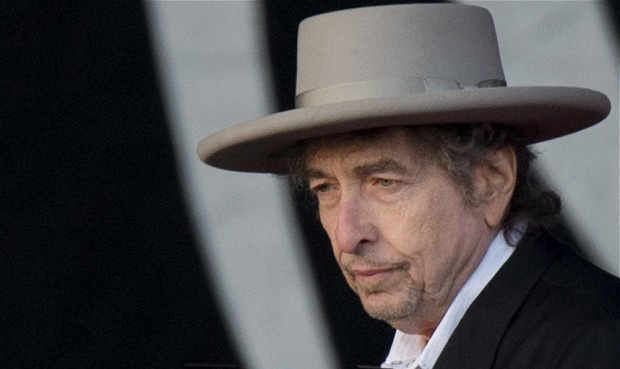The old man enters the club and finds his place at a small table near the stage, taking a seat opposite an empty chair. He is short, wiry, and diminutive and a little absurd in his black embroidered cowboy shirt and dark pants. His thin face is sheltered by a wide-brimmed hat; beneath a long nose is etched a pencil mustache. The eyes, when they emerge from beneath the hat brim, are narrow and seem pressed into a semi-permanent squint; it might be tempting to call them sad, but for the way they swiftly and piercingly take in their surroundings. They dart to and fro through the club, noting the mostly empty tables and the waning daylight streaming in through a solitary window, before settling on the stage, where the evening’s first performer is ambling toward the microphone.
He is young, almost child-like, with round cheeks and curly close-cropped hair. Dressed in jeans and a coarse denim shirt, clutching a guitar with unclipped strings winding off the tuning pegs like whiskers, he might be mistaken for a roadside ragamuffin, but the grin gives him away, even more than those babyish cheeks do: a grin of knowing impetuousness, a charmer’s grin, a grin that knows luck is on its side, or fate or destiny or whatever you choose to call it. Yet how to account for the contrast between the puckish demeanor and the voice? How does someone barely distinguishable from the average small-town twenty-year-old — for it is apparent to the keen observer that the hardscrabble mannerisms are an affectation, given away with a subliminal wink — sing so forlornly, so emphatically and so unaffectedly of things he could never have experienced? The words he sings are infused with the morality and vision of an Old Testament prophet, strained through the vocabulary of an itinerant brakeman. He chides and insinuates and accuses and finally takes it all back onto himself: Ah, but I was so much older then. Always his voice prowls among the words like a hunter nosing for prey in the rocks, investigating dark corners, overturning and exposing hidden things, ignoring what lies in plain sight. It remakes old sayings and never utters the same word in the same way. Not a conventionally attractive instrument, but one that seems to say, Would I be saying these things, in this way, if they weren’t true?
This performer soon gives way to a new face — and the transformation is shocking. In place of the fresh-faced, Jimmie Rodgers-like troubadour now stands a dandified Mod in a tight-fitting striped suit, a wild nimbus of hair radiating from his head like sunbeams, his sallow face guarded by a pair of dark glasses. But the most noticeable transformation — before he starts to sing, that is — is the Fender Telecaster guitar slung high on his chest. He begins to pick at it tentatively, his long-nailed fingers not quite used to the guitar’s weight and action. From the shadows, he is joined by four other musicians, and this ensemble explodes into a roaring barroom blues, tough and loose and fearless, that batters the walls of the club. The gangly singer steps to the microphone and cuts loose in a voice like a police siren amplified through a Marshall stack; he howls, wails, croons, giggles, moans, an unfathomable conviction undergirding everything and holding it together. The words are as arresting as the voice — in fact, the words don’t seem as though they could be delivered any other way. There are torrents of imagery, as though a hundred years of newspaper headlines, shared memory and tall tales were compressed into some cultural singularity before bursting out again, coalescing into a fractalized landscape where Beethoven, Jack the Ripper and Ezra Pound rub elbows with gamblers, old widows, strutting commanders-in-chief and the unnamed lost and lonely. There is jarring silliness, surprising pathos and mystifying juxtapositions of time and place. And most piercing and memorable is a question, thrown out to the audience like an unanswerable taunt: How does it feel? Continue reading
